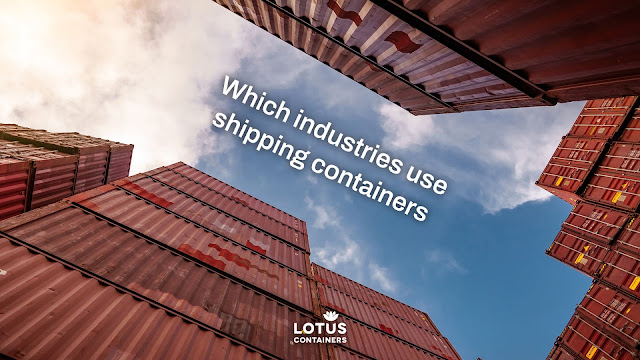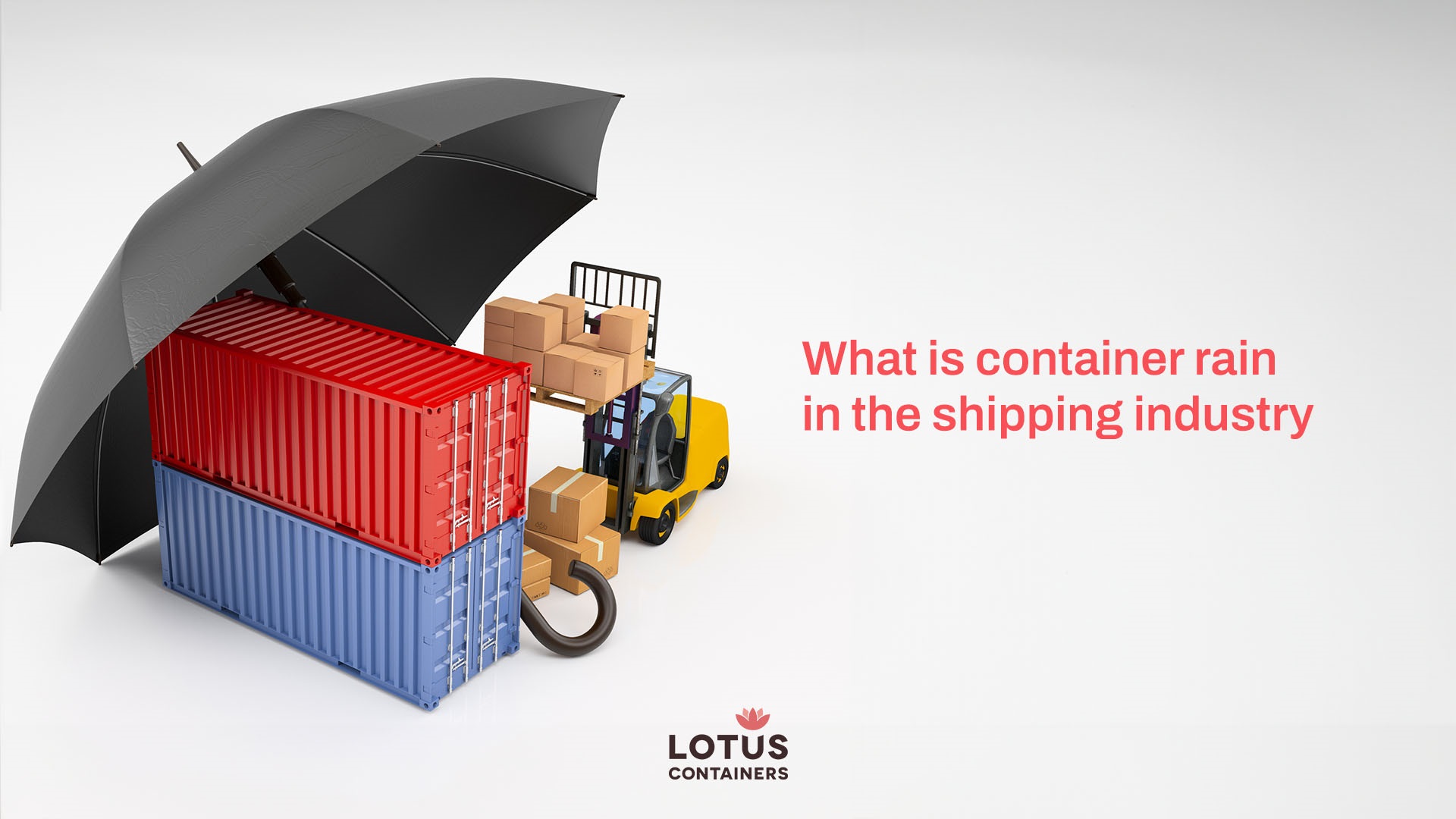Will Technology Replace Traditional Shipping Methods?

Exporters and importers have used traditional shipping methods to transport their goods over international waters for years. Technological advancements have made shipping more efficient, economical, and digitised. Automation has taken over and minimises human interference in shipping to ensure cargo security and improve operational efficiency. Let us learn more about how technology will replace traditional shipping methods. What do you mean by traditional shipping? Shipping is moving goods from one place to another via sea routes. Traditional shipping refers to the conventional methods of shipping goods where, typically, manual practices are used to transport goods and cargo from one location to another. Traditional shipping methods have been in use for many years. It was chosen over moving freight through land routes as shipping was comparatively cost-effective, and the ships could accommodate large cargo volumes. In traditional shipping, workers loaded the goods in...





